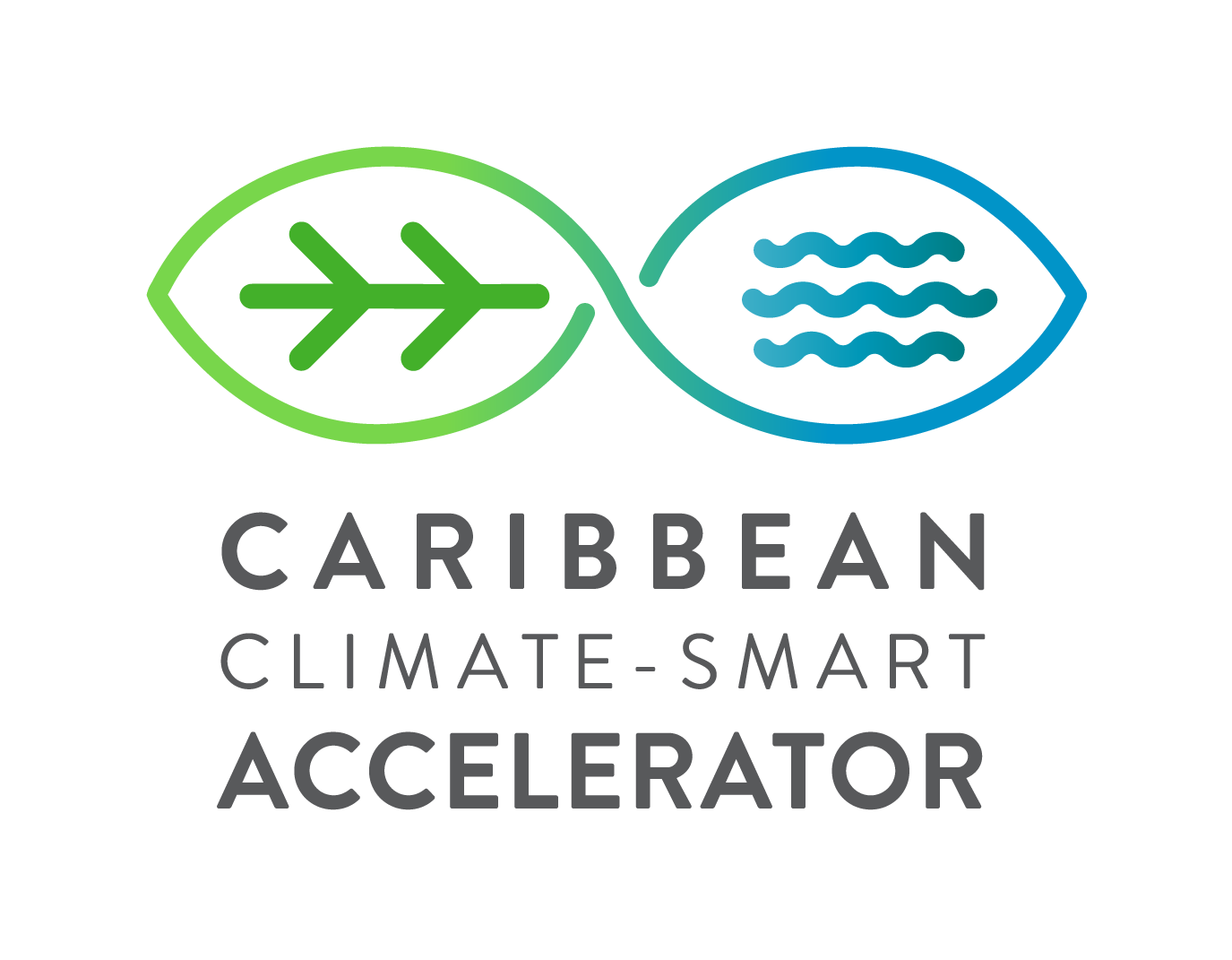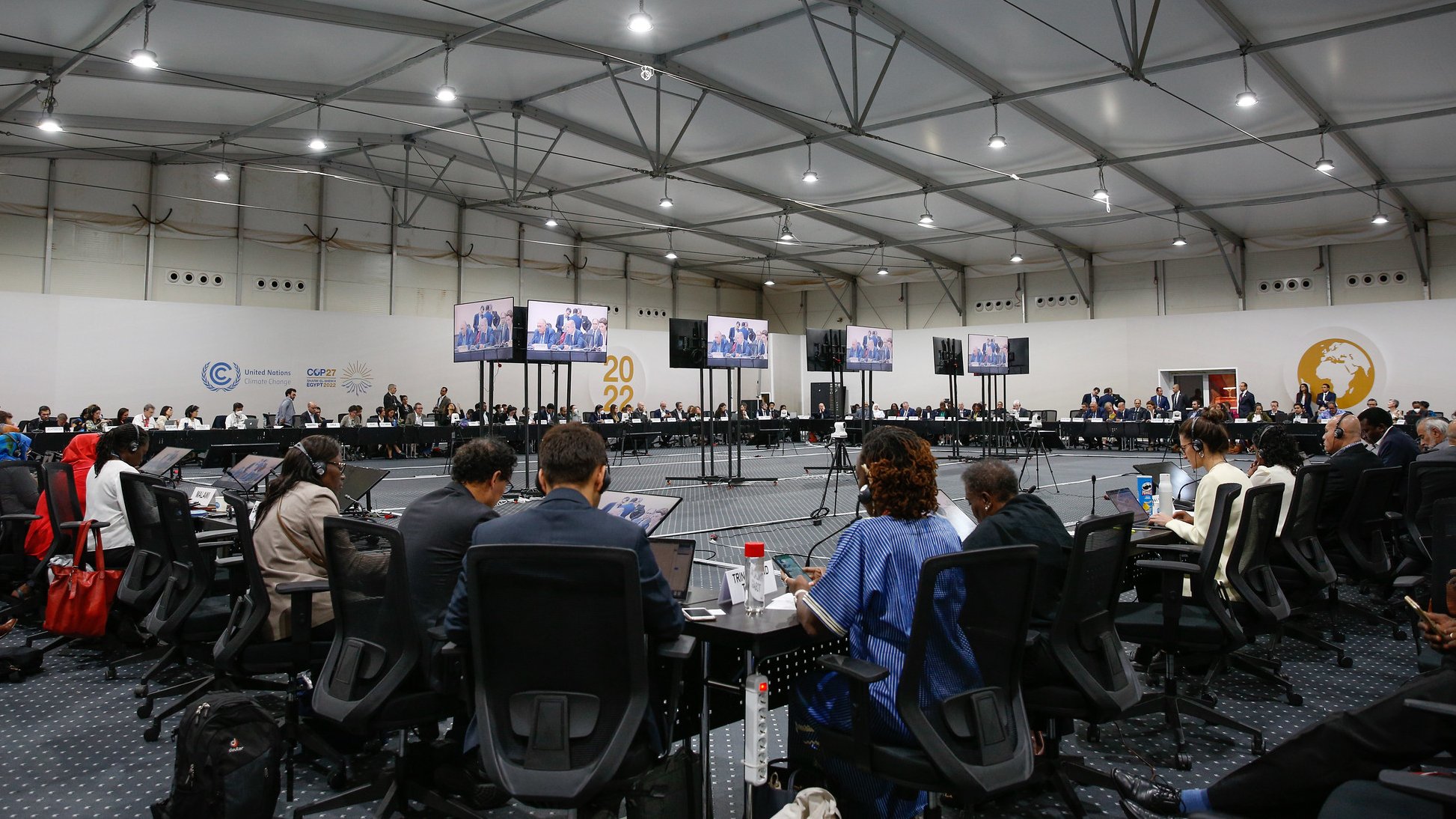First Loss & Damage Transitional Committee Meeting Taking Place Ahead of Operationalization of Fund
Malawi has become the first country to receive funds for Loss & Damage (L&D) as the African nation reels from destruction caused by Tropical Cyclone Freddy, with a portion of the £7 million ($8.45 million USD) Scotland has contributed to the fund set to be disbursed. Several other countries including Denmark and Austria have also provided funds to L&D, the technical body that oversees it (the Santiago Network), or similar initiatives. Countries agreed to operationalize L&D at COP27 in Egypt last year, and details of the funding framework are to be shared at COP28 this year in Dubai. The first stage of discussions are happening in Egypt at the UN Transitional Committee meeting (March 27-29).
What is Loss & Damage?
Loss & Damage funding seeks to provide financial assistance to vulnerable countries who are suffering the physical damage and human cost of climate change. At its core, the agreement on L&D sees countries experiencing climate-related pressures receive further support to become more resilient and adapt to climate impacts without adding too much strain to their economy or infrastructure. The funding for L&D would come from developed countries, and the process is managed by the United Nations.
Following the adoption of L&D at COP27, Una May Gordon, former principal director for the Climate Change Division of Jamaica and current chairperson of the Board of Directors of the Caribbean Community Climate Change Center noted, “This was a great step forward, but it is the first step. Eyes will now focus on the construction of the transitional committee and the beginning of their deliberations. I do hope the fight for loss and damage gets easier from here on.”
Transitional Committee
The first session of the Transitional Committee will comprise 24 representatives from developed and developing economies whose role it is to outline and set up the official framework for L&D. Three representatives from the Caribbean will be present, Diann Black-Layne (Antigua & Barbuda), Avinash Persaud (Barbados), and Milagros de Camps (Dominican Republic). However, there are some concerns revolving around the lack of representation from the Asia-Pacific as the region has not been able to agree on who should fill the available seats.
Despite these issues, this first committee meeting should outline a firm pathway towards operationalizing L&D. This will start to clarify some key issues, including funding details, technical assistance, and processes. Following meetings will then nail down details to the framework and be presented at COP28, ensuring that the support being provided in Malawi can be extended elsewhere, backed with adequate funding and clear procedures.
Speaking about the first assembly of the committee, Caribbean Climate-Smart Accelerator (CCSA) CEO and UNFCCC Global Ambassador Racquel Moses said: “Loss and damage is a major piece of policy that will help vulnerable communities adapt and overcome the impacts of climate change. Such an important tool must be developed collaboratively and efficiently to ensure that it meets the needs of those on the front lines.”






